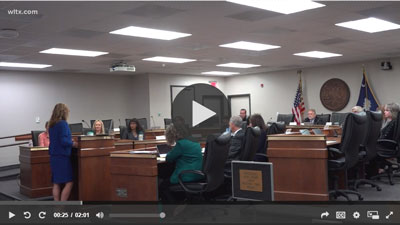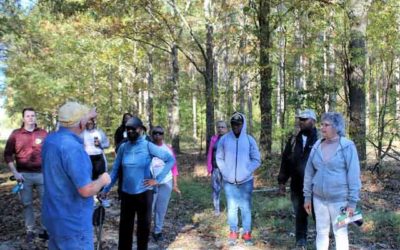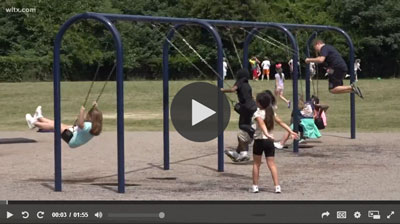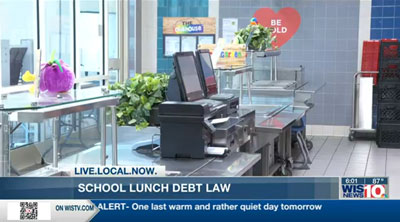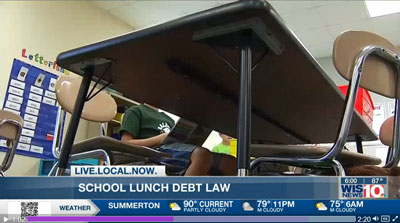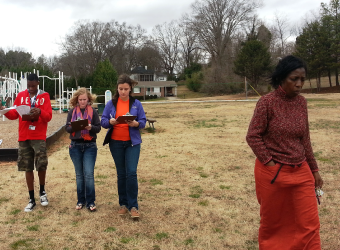The State Newspaper
Impact
Grant Allows West Columbia to Install More Bike Racks
Lexington County Chronicle
Committee hears testimony on what can be done to help children in SC
WLTX News 19 Columbia
Project Discovery Palmetto Trail: Increasing physical activity through outdoor family connection
Wholespire Richland County uses HEAL Mini-Grant to improve the use of The Wateree Passage of the Palmetto Trail in Eastover.
Without universal free school meals, parents and advocates worry about school meal debt
WLTX News 19 Columbia
Kershaw County School District opens playgrounds to public
WLTX News 19 Columbia
School lunch debt law
WIS TV News 10 Columbia
This school year, SC districts can no longer use debt collectors to recoup for unpaid meals
WRDW TV Augusta
Pickens County leader looks back on HYPE experience 10 years later
We caught up with Pickens County resident and one of the first HYPE adult advisors in the state Cathy Breazeale for the 10th anniversary to learn about her experiences with The HYPE Project.



